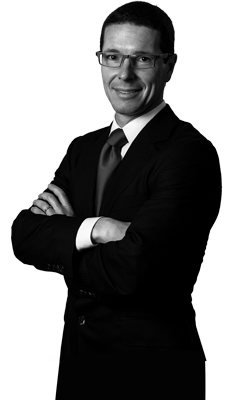Investor Insights

SHARE
CSL posts strong sales and profit growth
Australian Securities Exchange (ASX) healthcare leader CSL (ASX:CSL) posted a robust 11 per cent rise in sales from US$13.3 billion to US$14.8 billion, with CSL’s Behring segment, that markets products like immunoglobulin derived from blood plasma, contributing over 70 per cent of total sales. The company also reported a 21.8 per cent increase in earnings before interest, tax, depreciation and amortisation (EBITDA), a 24 per cent rise in earnings before interest and taxes (EBIT) and a 15 per cent growth in net profit for 2024, after adjusting for currency fluctuations.
Growth across all metrics was largely in line with expectations and primarily driven by the solid performance of CSL’s Behring division. This business experienced strong demand for immunoglobulin and benefited from a return to solid collections, up 23 per cent. Indeed, Behring’s gross profit growth of 16 per cent represented 90 per cent of the group’s total improvement.
Behring’s gross profit margins have been pressured in recent years by plasma shortages and higher blood collection costs during the Covid-19 pandemic. A return to pre-pandemic margins of approximately 56 per cent is viewed as a critical profit driver for CSL over the medium term, and while CSL had forecast a 100 basis point improvement in Behring’s gross margins, the company reported a 120 basis point improvement, largely due to lower collection costs, operational efficiencies, and price increases. This improvement, however, was partly offset by adverse currency movements. Nevertheless, Behring’s gross margins are operationally trending in the desired direction.
CSL had previously indicated it would take three to five years for Behring’s profitability to return to pre-Covid levels.
CSL licensed Hemgenix, a gene therapy for hemophilia B, from uniQure in fiscal 2020. Gene therapies pose a potential long-term risk to the demand for plasma-derived treatments, so success by CSL with its own gene therapies could help mitigate concerns about disruption. It is still very early days, however. Hemgenix and other gene therapies are very costly, so adoption is initially very slow. Hemgenix received a significant number of referrals in 2024 but was administered to only 12 patients.
CSL’s Seqirus business – one of the world’s largest influenza vaccine companies produced a solid result and outperformed the market despite lower vaccination rates and competition. The outlook for this business, however, is less clear and more cyclical, with lower demand for flu vaccines having a negative impact. Longer term, the seasonal influenza market is moving from three main players to five, thanks in part to the shift from development of vaccines through eggs or cells to mRNA technology-led solutions.
In 2021, CSL announced the acquisition of global specialty pharmaceutical company Vifor, a company with leading positions in iron deficiency, nephrology (kidney care) and cardio-renal therapies. Vifor has experienced challenges in the U.S. – its key market and revenue increased by just three per cent. The slow growth was attributed to a requirement for patients to try less expensive treatments first.
CSL has projected FY25 Group revenue to rise by just six per cent to between US$3.2 billion and US$3.3 billion; however, EBITDA is expected to jump almost 18 per cent, EBIT to grow 22 per cent and net profit to rise by 15 per cent.
The Montgomery Fund and the Montgomery [Private] Fund owns shares in CSL. This article was prepared 16 August 2024 with the information we have today, and our view may change. It does not constitute formal advice or professional investment advice. If you wish to trade CSL, you should seek financial advice.

